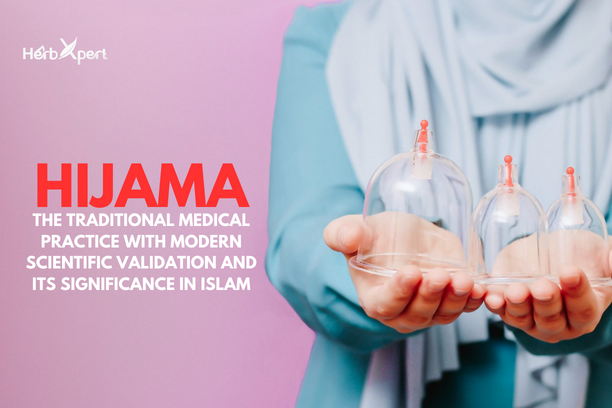- You have no items in your shopping cart
- Subtotal: ₹0.00

Hijama, also known as Wet Cupping, is a traditional medical practice that has been used for centuries in various cultures around the world. In India its studied and practiced in Unani System of Medicine. In this practice, a small incision is made on the skin, and then a cup is placed on the incision site to create a vacuum. This vacuum draws out a small amount of blood from the skin, which is believed to help remove toxins and improve blood flow.
Uses and Advantages of Hijama:
Hijama is commonly used to treat a wide range of health conditions, including headaches, back pain, arthritis, and skin conditions. It is also believed to boost the immune system and improve overall health and wellbeing. Some of the main advantages of hijama include:
- Pain Relief: Hijama has been shown to be an effective treatment for pain relief. A study published in the Journal of Traditional and Complementary Medicine found that hijama was effective in reducing pain intensity and duration in patients with chronic lower back pain.
- Improving Blood Flow: Hijama is believed to improve blood flow by removing stagnant blood and increasing the flow of oxygen-rich blood to the tissues. This can help improve the overall health of the body and reduce the risk of cardiovascular disease.
- Boosting the Immune System: Hijama is also believed to boost the immune system by removing toxins and increasing the production of white blood cells. This can help the body fight off infections and diseases.
Scientific Studies on Hijama:
Several scientific studies have been conducted on the effectiveness of hijama. For example, a study published in the Journal of Acupuncture and Meridian Studies found that hijama was effective in reducing the severity of migraine headaches. Another study published in the Journal of Integrative Medicine found that hijama was effective in reducing pain and improving quality of life in patients with knee osteoarthritis.
Relevance of Hijama in Islam:
Hijama has a special significance in Islam, and it is recommended as a treatment in the teachings of the Prophet Muhammad (peace be upon him). According to a hadith narrated by Anas ibn Malik, the Prophet said, “I did not pass by an angel from the angels on the night journey except that they all said to me: Upon you is cupping, O Muhammad.”
Many Muslim scholars believe that hijama is a form of medical treatment that is in accordance with Islamic teachings. It is believed to be a natural way of healing the body and improving overall health and wellbeing.
Conclusion:
In conclusion, Hijama is a traditional medical practice that has been used for centuries in various cultures around the world. It is believed to be an effective treatment for a wide range of health conditions, and several scientific studies have been conducted on its effectiveness. Hijama also has a special significance in Islam, and it is recommended as a treatment in the teachings of the Prophet Muhammad (peace be upon him).
If you are interested in trying hijama, it is important to seek the advice of a qualified unani practitioner who has experience in this field.






